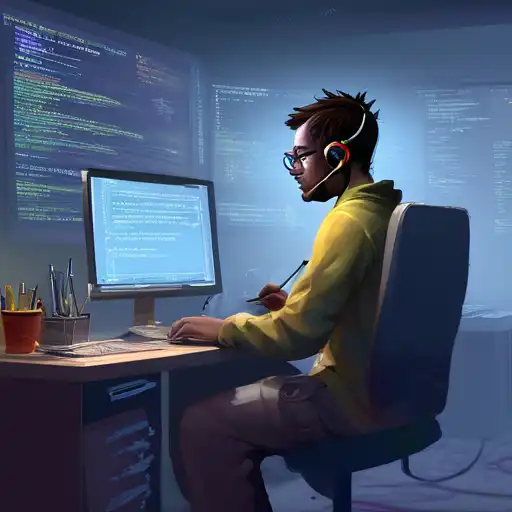Introduction to Debugging for New Programmers
Debugging is an essential skill for any programmer, especially for those just starting out. It involves identifying and resolving errors or bugs in your code that prevent it from running correctly. This article will provide you with essential debugging tips to help you become more efficient and confident in your coding journey.
Understand the Error Messages
One of the first steps in debugging is to read and understand the error messages your compiler or interpreter provides. These messages often contain valuable information about what went wrong and where in your code the error occurred. Taking the time to carefully read these messages can save you hours of frustration.
Use a Debugger Tool
Most integrated development environments (IDEs) come with built-in debugger tools. These tools allow you to step through your code line by line, inspect variables, and see the flow of execution. Learning how to use these tools can significantly improve your debugging efficiency.
Break Down Your Code
When faced with a bug, try breaking down your code into smaller, more manageable parts. Test each part individually to isolate where the error is occurring. This method, known as divide and conquer, can help you pinpoint the exact location of the bug without getting overwhelmed.
Check for Common Mistakes
Many bugs are the result of common mistakes, such as typos, off-by-one errors, or incorrect variable names. Always double-check your code for these simple errors before diving deeper into more complex debugging strategies.
Ask for Help
Don't be afraid to ask for help when you're stuck. Online forums, coding communities, and even colleagues can offer fresh perspectives and solutions you might not have considered. Remember, every programmer has been in your shoes at some point.
Practice Makes Perfect
Debugging is a skill that improves with practice. The more you code and encounter bugs, the better you'll become at identifying and fixing them. Embrace each bug as a learning opportunity to grow as a programmer.
Conclusion
Debugging can be challenging, especially for new programmers, but it's also an invaluable part of the learning process. By understanding error messages, using debugger tools, breaking down your code, checking for common mistakes, asking for help, and practicing regularly, you'll develop the skills needed to tackle any bug that comes your way. Remember, every bug you fix makes you a better programmer.
For more coding tips and tricks, check out our programming resources section.
